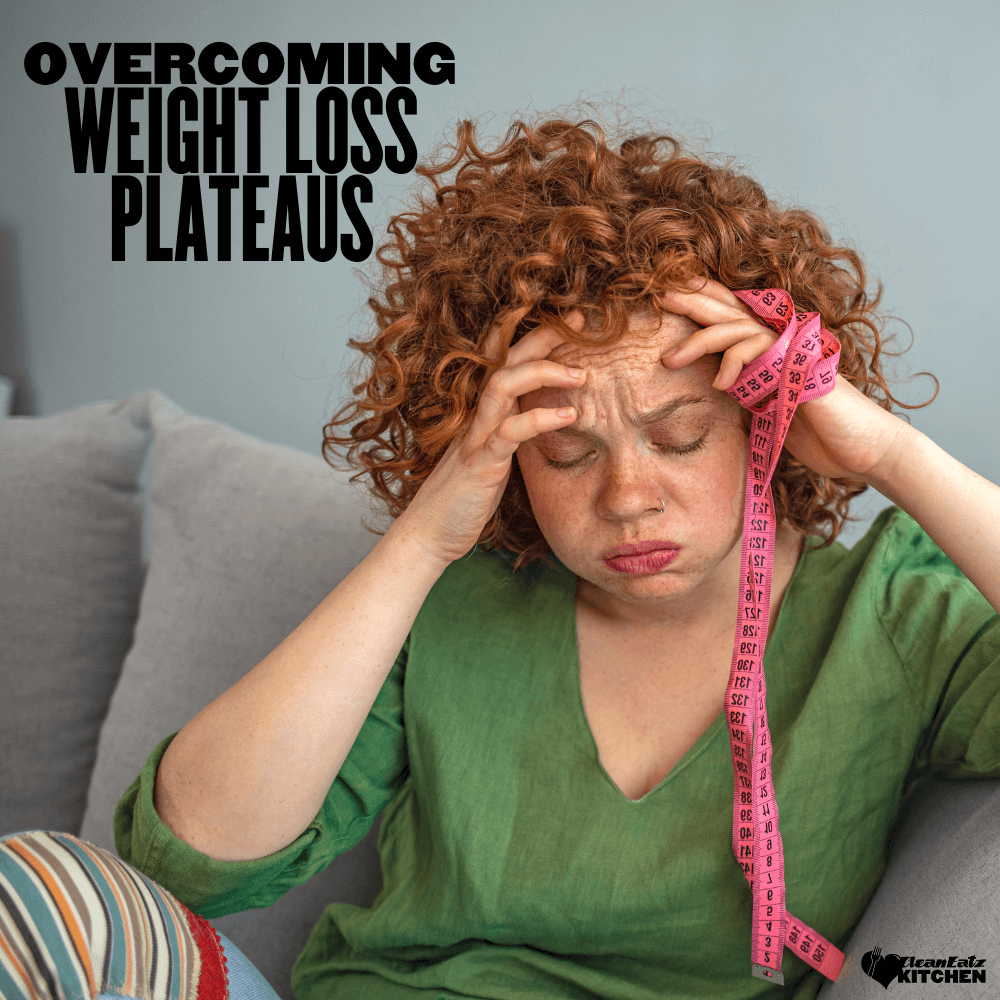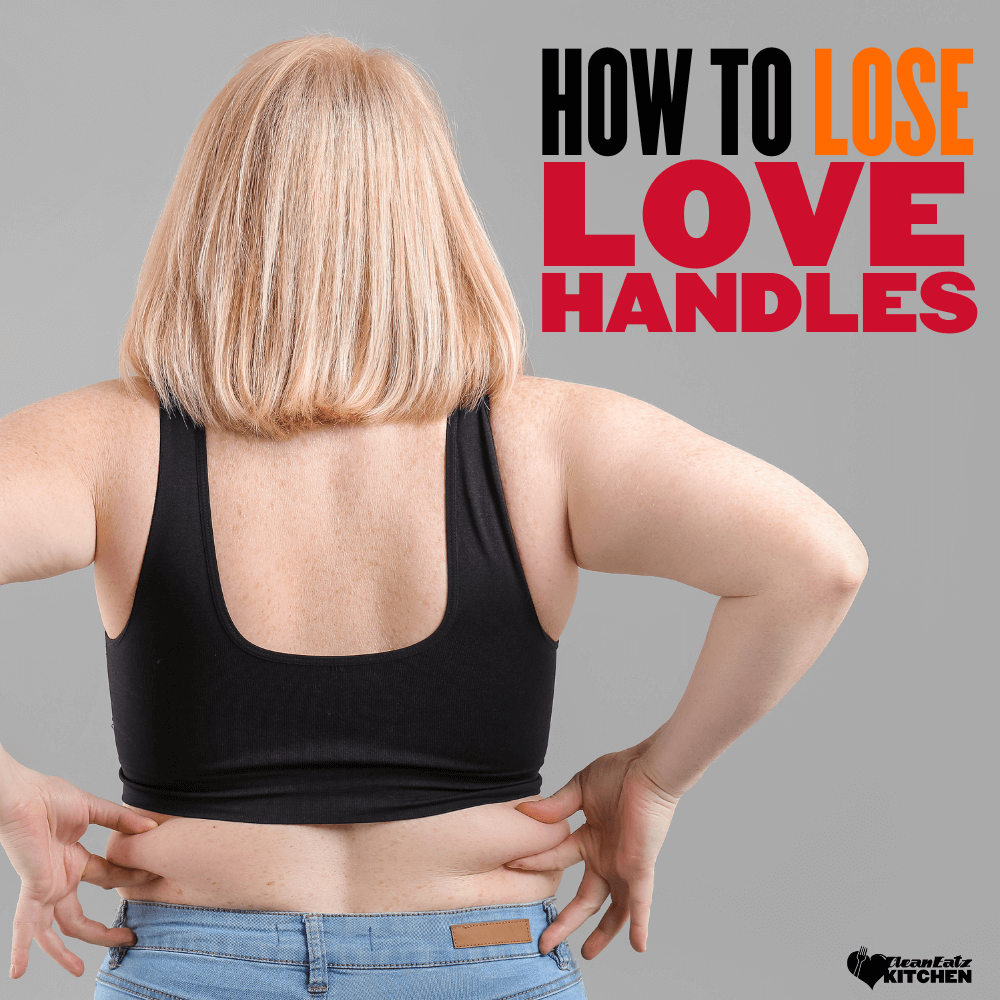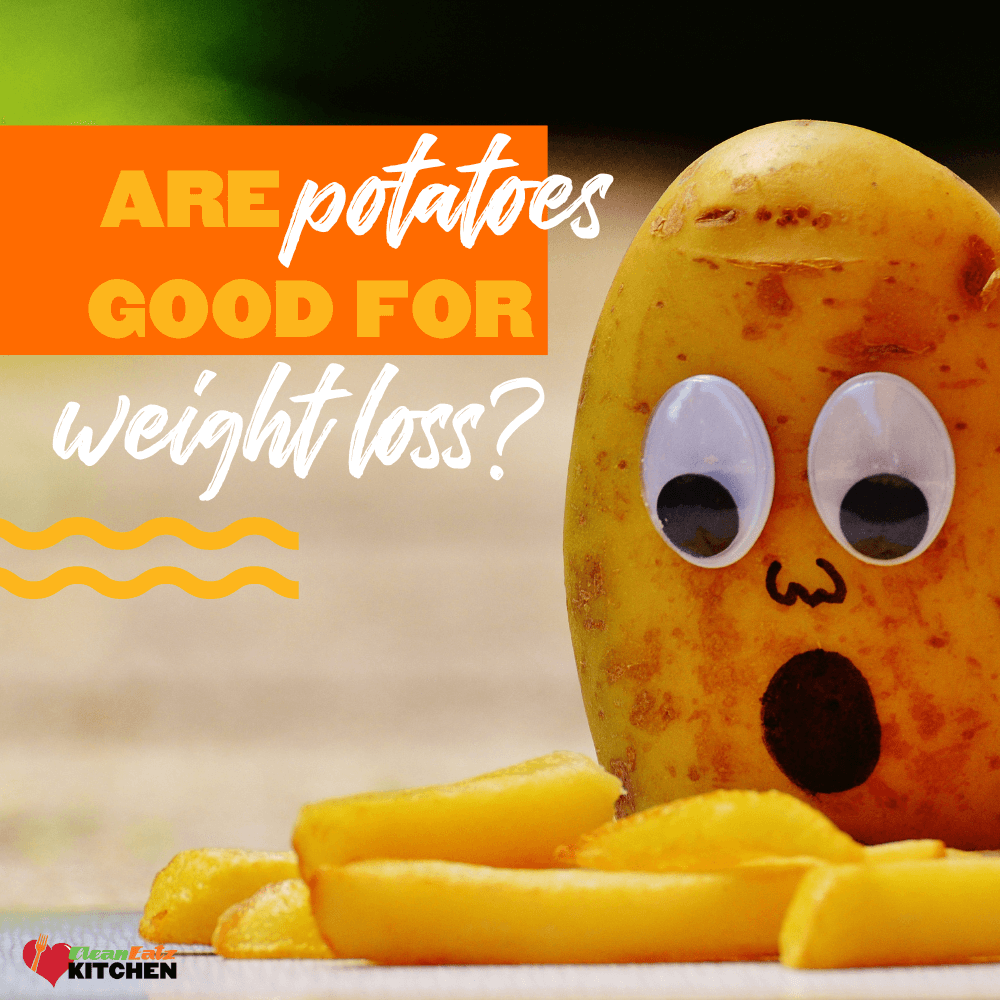
Overcoming Weight Loss Plateaus
Jason Nista
Nutrition
|
Weight Loss
10 minute read
Are you feeling frustrated because you've hit a weight loss plateau? You're not alone! Breaking a weight loss plateau is a common challenge that anyone trying to lose weight can face. However, there are strategies you can use to overcome this hurdle and reach your goals. In this article, we'll explore what a weight loss plateau is, why it happens, and what you can do to break through it. So, get ready to learn how to smash your weight loss goals!
The key points discussed in this article are:
- Understanding what a weight loss plateau is
- Identifying the reasons behind the plateau
- Adjusting the diet and exercise routine
- Considering additional strategies
What is a Weight Loss Plateau?
A weight loss plateau is like hitting a brick wall in your fitness journey. You've been working hard, eating right, and exercising regularly, but suddenly, you stop seeing results. It's like your body has put up a roadblock to your weight loss goals and you fail in breaking weight loss plateau.
So, what exactly is a weight loss plateau? Well, it's when you hit a point in your journey where your weight just won't budge, no matter what you do. It's like your body has adapted to your routine, and it's become more challenging to lose weight. Essentially, you've hit a plateau when you've stopped progressing toward your goals, which can be a frustrating experience. However, the good news is that it's possible to break through a plateau and continue on your journey to a healthier, happier you!
How Long Does a Weight Loss Plateau Last?
The duration of a weight loss plateau can vary from person to person and depend on various factors, including your individual body composition, metabolism, and overall health. Plateaus can last several weeks or months. It's important to remain patient and persistent during this time, continue following a healthy diet and exercise routine, and consider making adjustments to break through the plateau. Remember, plateaus are a normal part of the weight loss journey, and with perseverance, you can overcome them and continue making progress toward your goals.
How to Break Weight Loss Plateau
Hitting weight loss plateau can happen to anyone, but there are a few common reasons why it might happen. For example, you might not be exercising enough, not tracking your calories properly, or not eating enough healthy fats. It's essential to identify what's causing your plateau, so you can figure out what changes you need to make to keep making progress.
If you're stuck in a weight loss plateau, it might be time to adjust your diet and exercise routine. For example, you could try eating more protein or fewer carbs, increasing the intensity of your workouts, or switching up your exercise routine. It's important to keep challenging your body to keep making progress and making small changes to your routine can help you do just that.
External factors like stress and sleep can sometimes play a role in your weight loss plateau. When you're stressed, your body produces a hormone called cortisol, which can make it harder to lose weight. Similarly, if you're not getting enough sleep, your body won't have the energy it needs to power through workouts and burn calories. Ensure you're taking care of yourself by getting enough sleep and managing your stress levels. You might find that making these changes can help you break through your plateau and start seeing results again. Remember, weight loss is about more than just a weight loss diet meal plan and exercise, and taking care of your overall health is essential to reaching your dieting goals.
Identify the Right Strategy for You
If you're stuck in a weight loss plateau, it's important not to get discouraged. That might simply indicate that it might be time to try a new strategy. Here are a few options to consider:
Intermittent fasting
Intermittent fasting is a strategy that involves eating only during specific hours of the day or week. For example, you might eat all your meals within an 8-hour window and fast for the other 16 hours of the day. Some people find that this helps them break through a plateau by reducing their overall calorie intake and helping their bodies burn fat more efficiently.
Eating clean
Eating clean is all about eliminating processed foods and refined sugars from your diet and focusing on whole, nutrient-dense foods. This can help you reduce your overall calorie intake and provide your body with the nutrients it needs to function at its best. You might find that this helps you break through a plateau and start seeing results again.
Making small changes to your routine
Sometimes, all it takes to break through a plateau is to make small changes to your routine. For example, you might try adding an extra workout to your week, swapping out one unhealthy snack for a healthier option, or drinking more water throughout the day. These changes might seem small, but they can add up over time and help you make progress toward your goals.
When breaking through a weight loss plateau, the key is finding a strategy that works for you. Experiment with different approaches and see what helps you make progress. Remember, everyone's body is different, and what works for one person might not work for another. So, be patient, stay motivated, and keep trying new things until you find a strategy that helps you smash your weight loss goals!
The Surprising Dangers of Skipping Meals on Your Weight Loss Journey
Skipping meals might seem like an easy way to reduce your calorie intake and lose weight, but it can actually be harmful to your body. When you skip meals, your body goes into "starvation mode," which slows down your metabolism and makes it harder to burn calories. Additionally, skipping meals can cause your blood sugar levels to drop, leading to fatigue, dizziness, and even fainting. So, while it might be tempting to skip meals, it's not a healthy or sustainable way to lose weight.
Instead of skipping meals, focus on developing healthy eating habits that will help you fuel your body and reach your weight loss goals. This means eating various nutrient-dense foods, including fruits, vegetables, whole grains, lean protein, and healthy fats. It also means avoiding processed foods, sugary drinks, and excessive amounts of saturated and trans fats. By developing healthy eating habits, you can give your body the fuel it needs to power through workouts, burn calories, and reach your weight loss goals.
Remember, healthy eating is about more than just weight loss. It's about nourishing your body and taking care of your overall health. So, instead of focusing on short-term weight loss goals, think about developing sustainable habits to help you feel your best in the long run. With a little patience, motivation, and dedication, you can develop healthy eating habits that will help you reach your weight loss goals and feel amazing!
Keeping your goals in sight
When you're trying to lose weight, it's important to have a clear goal in mind. But when you hit a plateau, it can be easy to lose sight of that goal and become discouraged. That's why keeping your goals in sight and staying motivated is essential.
One way to do this is by visualizing how you want to look and feel once you reach your desired weight. Imagine yourself wearing your favorite outfit or engaging in activities that you couldn't do before. Use that image as inspiration to keep going and pushing yourself to break through your plateau.
Another way to stay motivated is by reminding yourself how far you've come and how much progress you've made. Take a look at your before-and-after photos, measure your waistline or other body parts, and compare your current stats to where you started. Celebrate your progress and use it to inspire yourself to keep going.
It's also essential to set realistic goals and celebrate small wins along the way. Do not get discouraged if you don't see results right away. Instead, focus on making progress, even if it's just a small improvement in your diet or an extra workout during the week. Each small win is a step closer to your ultimate goal, and celebrating those wins can help you stay motivated and positive.
Finally, it's important to be kind to yourself and to acknowledge that weight loss is a journey. Be patient with yourself and understand that everyone's body is different, and progress may take time. Focus on building sustainable habits and a healthy lifestyle that will benefit you in the long run rather than just focusing on short-term weight loss.
By keeping your goals in sight, celebrating small wins, and being kind to yourself, you can stay motivated and break through your weight loss plateau. Remember, progress takes time and effort, but with determination and perseverance, you can achieve your desired weight and live a healthy, happy life.
Breaking Through Your Plateau
Sometimes strategies might not be enough, and that's where Clean Eatz Kitchen comes in. Their meal planning service can provide you with pre-portioned, nutritious meals that meet all of your dietary and fitness needs, making it easy to stay on track and break through your plateau. With their help, you can stay focused on your goals, maintain a healthy and balanced diet, and get the fuel you need to power through your workouts and reach your weight loss goals. So why wait? Contact Clean Eatz Kitchen today and take the first step towards breaking through your plateau and achieving the healthy, happy life you deserve!
Final Thoughts
Hitting a weight loss plateau is a common occurrence during the weight loss journey. It may be a sign that your body has adapted to your current routine, and it's time to make changes to continue progressing. By reassessing your caloric intake, incorporating strength training, and staying consistent with healthy habits, you can overcome the plateau and continue towards your weight loss goals.
Remember to be patient and stay motivated throughout the process.
Frequently Asked Questions
Why does a weight loss plateau occur?
A weight loss plateau occurs because the body adapts to changes in diet and exercise routine. As you lose weight, your metabolism slows down, and your body requires fewer calories to function. Plateau can also occur when you hit a fitness plateau, where your body has adapted to your exercise routine and is no longer challenged by it. Additionally, external factors like stress and lack of sleep can contribute to a plateau.
What happens when you reach a weight loss plateau?
When you reach a plateau, your body stops losing weight, even if you're still following your diet and exercise routine. It can be discouraging and frustrating, and you may feel like you're not making any progress toward your goals. However, it's essential to stay positive and focused, assess what's changed in your routine, and try new strategies to break through the plateau.
Is weight loss plateau normal?
Yes, a weight loss plateau is normal and a common part of the weight loss journey. As your body adapts to changes in diet and exercise routine, it can become more challenging to continue losing weight. However, with patience and persistence, you can break through your plateau and continue making progress toward your weight loss goals.
What is the 3-day plateau diet?
The 3-day plateau diet is a short-term diet plan that involves eating a high-protein, low-carb diet for three days. The idea behind this diet is that it can help jumpstart your metabolism and break through a weight loss plateau. However, it's important to note that short-term diets like this can be challenging to sustain in the long run and may not be suitable for everyone. It's always a good idea to consult with a healthcare provider or a registered dietitian before starting any new diet plan.
Related Articles
Are Potatoes Good for Weight Loss?
7 minute read
Is Protein Powder Good for Weight Loss?
8 minute read



